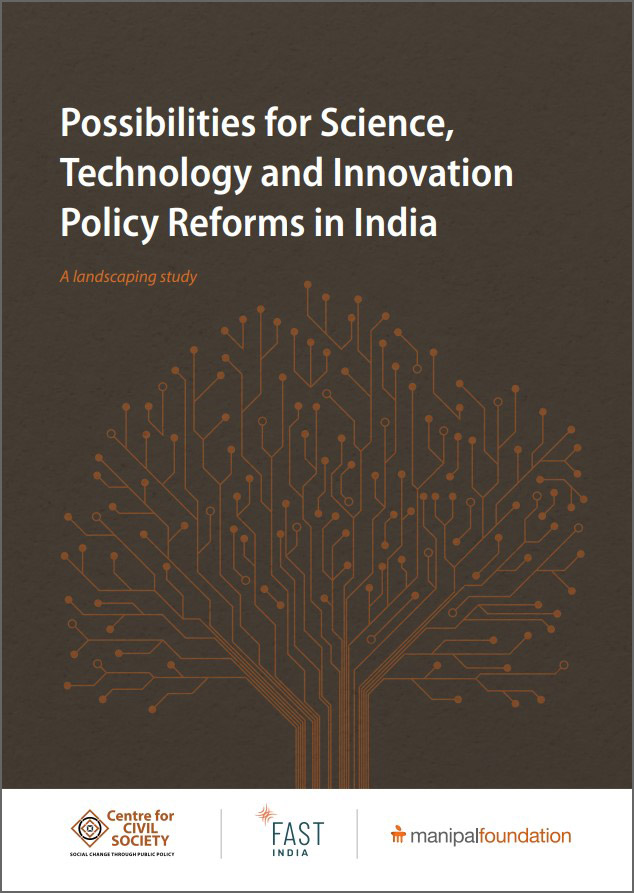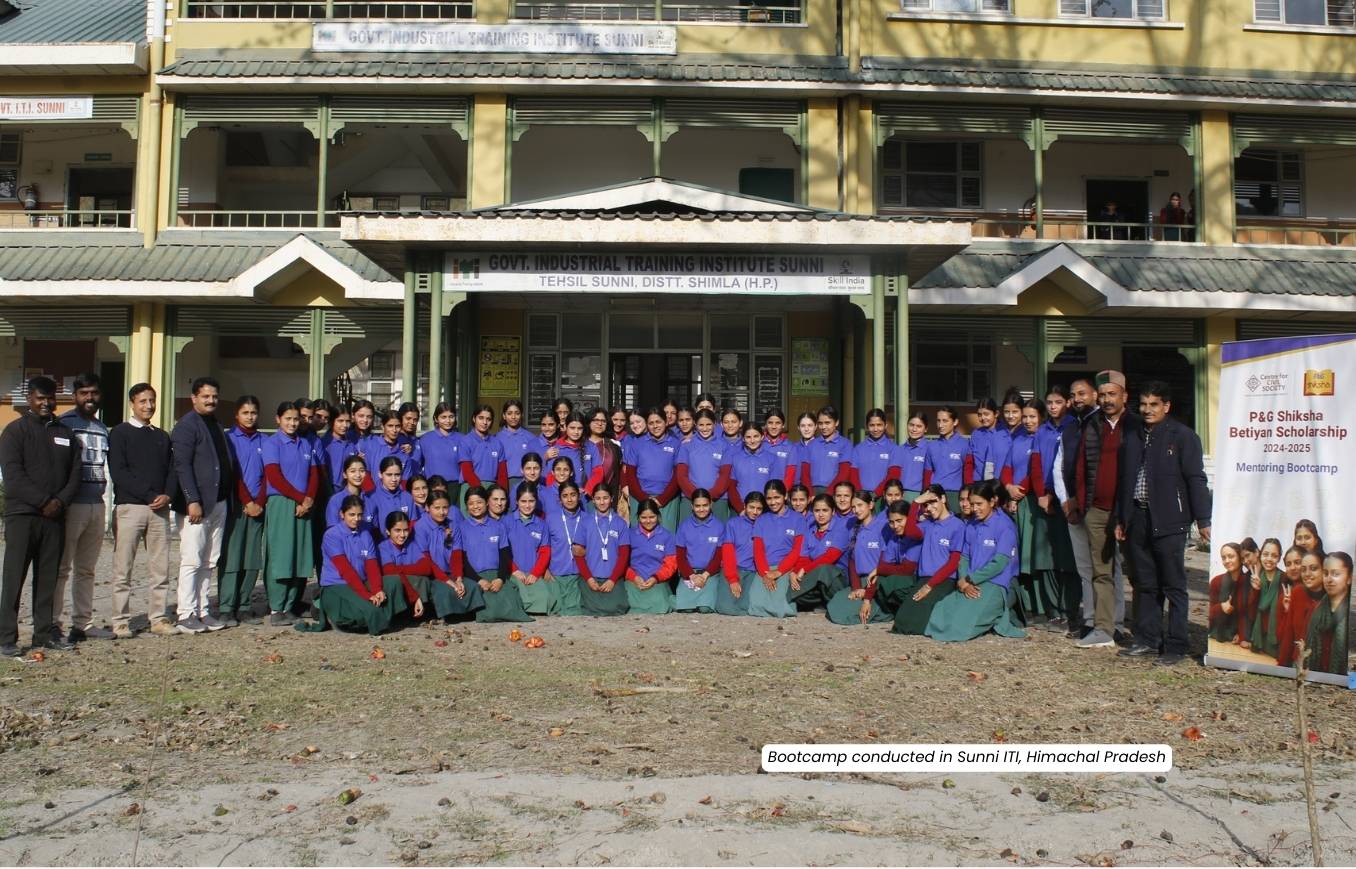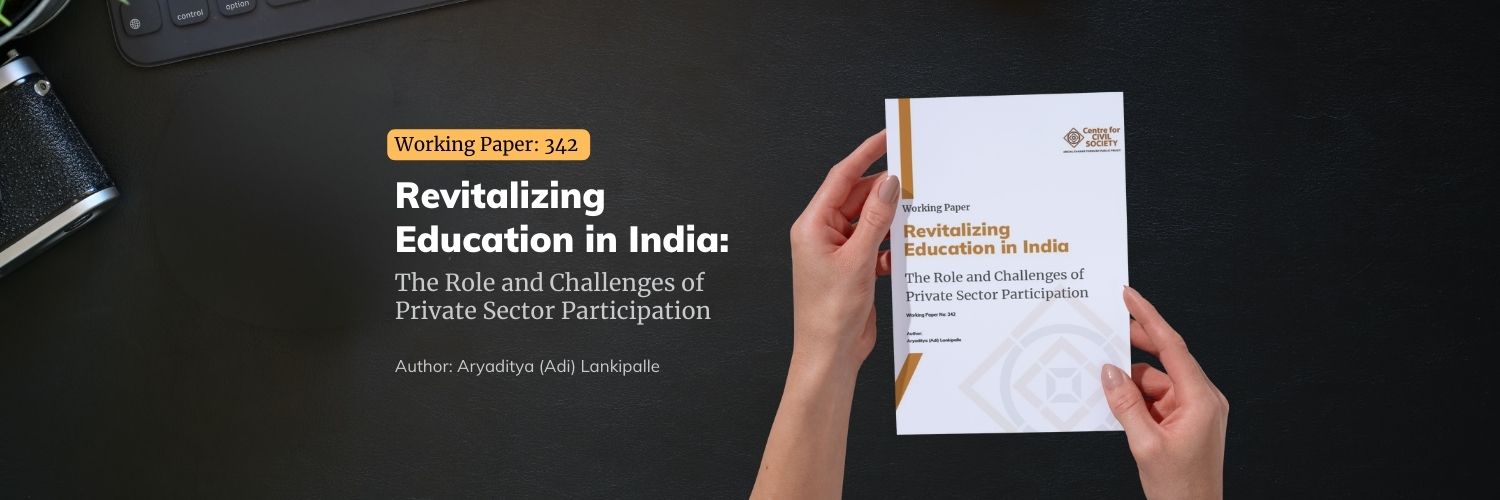Advancements in Science and Technology (S&T) play a critical role in transitioning into a knowledge-driven economy. Therefore, countries worldwide are continuously (re)shaping their public policies to better leverage the benefits of scientific knowledge towards achieving socio-economic development priorities. Notably, due to rapidly evolving knowledge frontiers, emerging technologies, and technology-led innovations, it becomes critical to develop dynamic policy interventions.
The focus on S&T development has continuously been part of India’s post-independence growth story. India spends ~0.7% of its GDP on scientific R&D, of which ~0.4% is spent by the government, and the private sector spends the balance. By contrast, the OECD countries spend an average of 2.3% of their GDP on R&D, with countries like Israel and Korea going well over 4%. India ranks #3 in terms of scholarly publications (quantity) and #9 in terms of publication impact (quality!). While there may be no clear correlation between public investment and research outputs, the underinvestment in R&D in India is also accompanied by poor outcomes in Research: innovation and breakthroughs, patents and science publications. Thus, there are serious challenges in terms of ‘quality of research output’ and bridging the gap between ‘knowledge creation’ and ‘applying that knowledge for socio-economic value creation.



